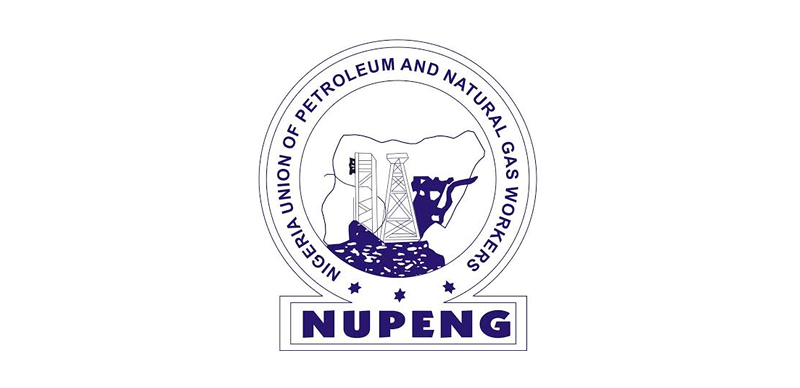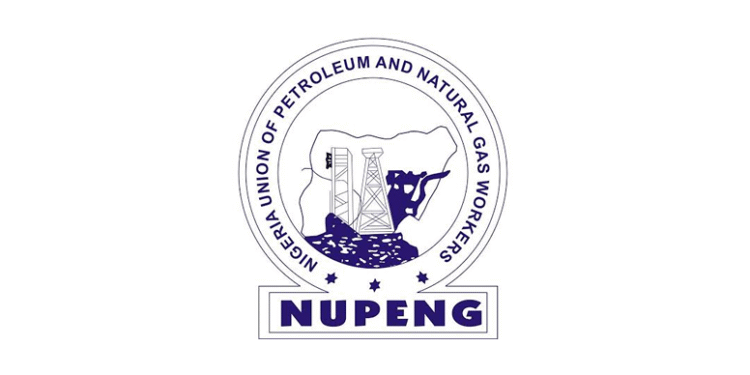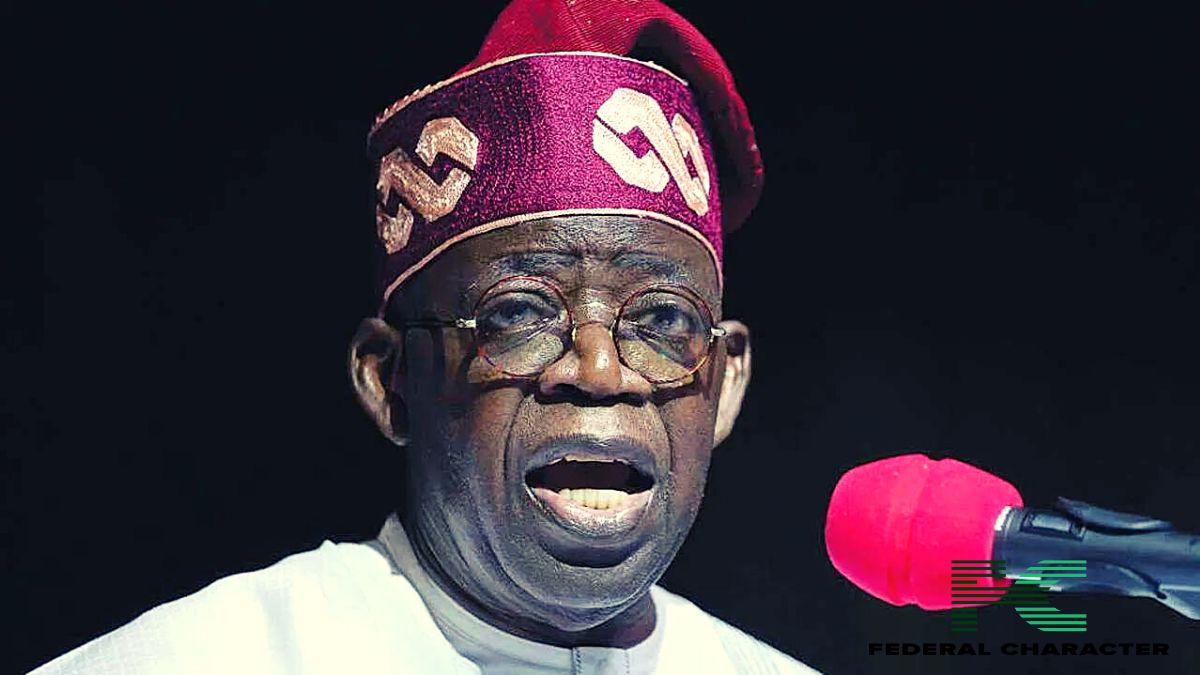In a country where fuel unions have long held the government and the people hostage, it now looks like a crack has opened in their fortress, the Association of Distributors and Transporters of Petroleum Products (ADITOP) has openly walked away from NUPENG’s planned strike, choosing instead to stand behind Dangote’s new fuel distribution scheme.
Breaking ranks in a fragile sector
For years, NUPENG’s strikes have been enough to send Nigerians into panic, with queues snaking around petrol stations within hours. But this time, ADITOP has made it clear they are not part of the plan. That decision weakens NUPENG’s threat and gives Dangote the upper hand. By refusing to join the strike, ADITOP is essentially telling Nigerians: “Don’t worry, fuel will still move.” This shifts the usual narrative where unions bark and the whole country freezes.

Dangote’s direct challenge
Dangote’s decision to deploy compressed natural gas-powered trucks for direct distribution was always going to stir resistance. It cuts out layers of middlemen and reduces the control that unions have enjoyed for decades. NUPENG calls it “anti-labour practices,” but let’s be honest: what they really fear is losing grip on the system that has made them untouchable. ADITOP’s support for Dangote shows that not everyone wants to keep feeding that old structure.
Economic sense or union betrayal?
Supporters of Dangote’s scheme argue it is about efficiency, cheaper logistics, and sustainability. They say Nigeria cannot keep wasting billions on outdated supply chains when the world is moving forward. But unionists see it as betrayal. To them, ADITOP siding with Dangote is more than collaboration; it is dumping the brotherhood of workers in favour of one man’s empire. The irony is that while they frame it as a fight for workers, the strike threat always ends up punishing ordinary Nigerians at the pump.
Who really loses?
If ADITOP stays firm, the strike may lose its teeth. But NUPENG is not a union that folds easily. They know how to weaponize fuel scarcity, and they know how fragile Nigeria’s economy is when tankers stop rolling. The real losers, as usual, will be the citizens who get caught between union power games and Dangote’s ambition. Yet, the difference this time is that the monopoly NUPENG once had on disruption is clearly under attack.
Nigeria has reached a point where any attempt at reform in the oil and gas sector looks like a battlefield. Dangote is selling his plan as transformation — cutting costs, cleaning up supply, and providing jobs. Unions, on the other hand, are clinging to relevance. ADITOP’s move to publicly dump NUPENG for Dangote may look small now, but it signals a shift. The age of unions holding the nation at ransom could be fading, replaced by the rise of corporate power.
A dangerous new balance
Do Nigerians want their fate tied to unions that strike at will, or to a billionaire whose empire is becoming too big to challenge? ADITOP may have chosen Dangote today, but the bigger issue is whether the people have a real choice in who controls their fuel supply. Because in the end, whether it is union leaders or one powerful businessman, Nigerians remain at the mercy of forces above their heads.

















